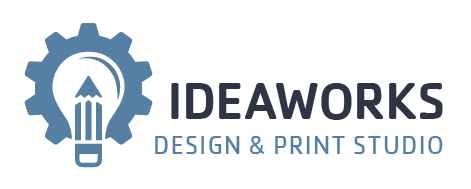Pros & Cons of Canva
Canva has gained popularity among small businesses due to its user-friendly interface and affordability. However, it's important to weigh both the advantages and drawbacks before deciding on its use for your branding needs.
Pros of Using Canva
Cost-Effective: Canva offers a free version with many features and affordable pricing for premium options. This is beneficial for small businesses with limited budgets.
Ease of Use: With its drag-and-drop functionality, Canva allows users without design experience to create visually appealing graphics quickly.
Templates: Canva provides a vast library of pre-designed templates for various marketing materials, including social media posts, flyers, and presentations, which can save time and effort.
Accessibility: Canva is cloud-based, meaning you can access your designs from anywhere with an internet connection, making it convenient for on-the-go marketing.
Cons of Using Canva
Lack of Originality: One major drawback is that many users utilize the same templates. This can lead to a lack of uniqueness in your branding, making it difficult to stand out in a crowded marketplace.
Limited Customization: While Canva offers various design elements, the customization options can be limited compared to professional graphic design software. This can restrict the ability to fully realize a brand’s vision.
Trademarks Issues: Logos and designs created in Canva are not exclusive to your business. Since many businesses can use the same templates and elements, it can be challenging to create a unique logo that can be trademarked. Using Canva-generated logos may leave your brand vulnerable to potential legal complications, as they cannot guarantee full rights over the design.
Professionalism: For businesses looking to build a strong brand identity, professional design quality is crucial. Canva designs, while they may look good, can sometimes lack the polished aesthetic that custom designs from a graphic designer can offer.
When to Hire a Graphic Designer Instead
While Canva can be a useful tool for creating certain marketing materials, there are circumstances where hiring a graphic designer is the better option:
Brand Identity Development: If your business is in the process of establishing its brand identity, a graphic designer can create a unique logo and consistent visual elements that reflect your brand's mission and values.
Custom Projects: Projects that require a higher level of customization, such as infographics or tailored marketing campaigns, benefit from the expertise of a professional designer who can tailor content to meet your vision.
Professional Quality: When seeking a polished, high-quality output that attracts customers and represents your business professionally, a graphic designer's experience can significantly enhance the overall quality of your materials.
Trademark Considerations: If you want to ensure your logo and branding materials are original and can be trademarked, working with a graphic designer will help in creating unique designs that can protect your intellectual property.
Without a doubt, Canva can play an important role in a small business’s marketing strategy. The choice of when to switch tasks to a professional designer ultimately depends on your specific needs, budget, and long-term goals. Employing one or the other— or a combination of both— can help you navigate the complexities of effective brand communication.
When you realize you’re ready to take your design needs to the next level, how do you find the right designer? Check out our easy-to-follow guide here: How to Hire a Designer

